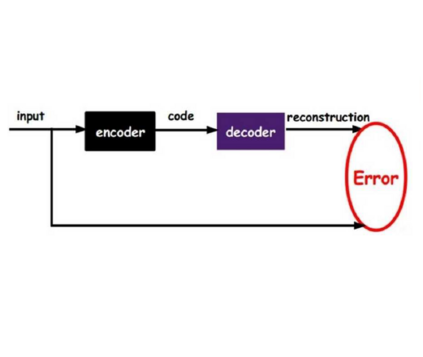This paper focuses on addressing challenges posed by non-homogeneous unstructured grids, commonly used in Computational Fluid Dynamics (CFD). Their prevalence in CFD scenarios has motivated the exploration of innovative approaches for generating reduced-order models. The core of our approach centers on geometric deep learning, specifically the utilization of graph convolutional network (GCN). The novel Autoencoder GCN architecture enhances prediction accuracy by propagating information to distant nodes and emphasizing influential points. This architecture, with GCN layers and encoding/decoding modules, reduces dimensionality based on pressure-gradient values. The autoencoder structure improves the network capability to identify key features, contributing to a more robust and accurate predictive model. To validate the proposed methodology, we analyzed two different test cases: wing-only model and wing--body configuration. Precise reconstruction of steady-state distributed quantities within a two-dimensional parametric space underscores the reliability and versatility of the implemented approach.
翻译:暂无翻译




